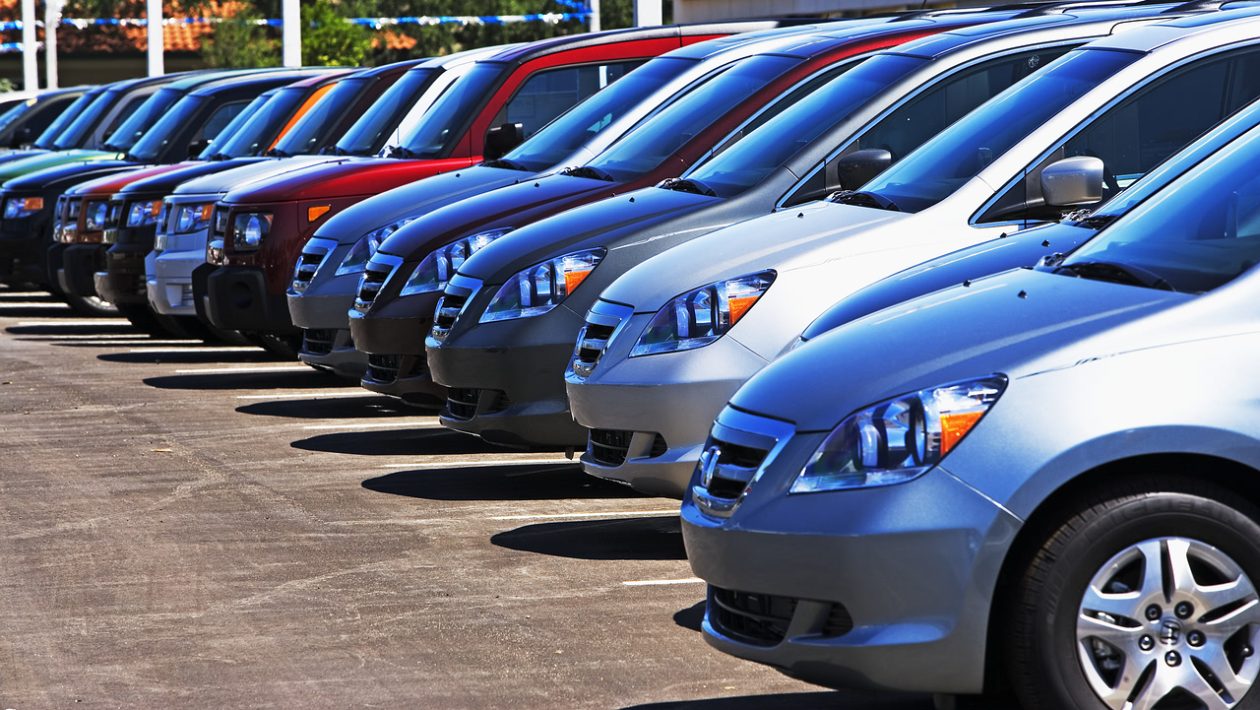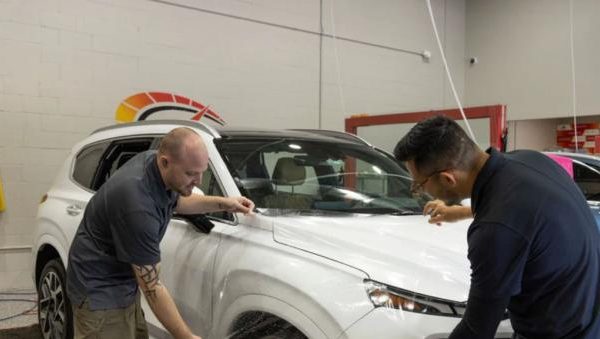When you’re in the market for a new car, you have a lot of important decisions to make. One of the first is whether to buy new or used. Both have pros and cons, but ultimately, the choice comes down to what’s best for your situation.
Keep reading to learn more about the pros and cons of buying a used car.
Table of Contents
Pros of Purchasing Used
Used or certified pre-owned vehicles have plenty of pros. Check them out below:
Budget
One of the biggest perks of buying a used car is its effect on your wallet. Used vehicles are often cheaper than their brand-new counterparts. For example, a brand new Jaguar for sale could be thousands more than one that’s a year or two old.
A used car is a great way to get the features and reliability you need without breaking the bank if you’re on a budget.
Slower Depreciation
A used car is an excellent way to avoid the pitfalls of depreciation. Depreciation is the period after you purchase a new car when its value drops significantly.
A new car starts depreciating as soon as you drive it off the lot. With a used car, someone else has already taken that initial depreciation hit. As a result, your used car will hold its value better over time.
Wider Selection
Finally, there’s always a good selection of quality used or certified pre-owned vehicles. That’s because people trade in their old cars when they buy new ones. In many cases, those cars are only a few years old.
In addition, many dealerships resell gently used leased vehicles once customers return the cars to the lot.
Cons of Purchasing Used
Unfortunately, you might run into some issues when purchasing a used car:
Age-Related Problems
Used cars may have more age-related problems than new cars, which is arguably the biggest downside of buying a used car. Since you don’t know its history, you might not be able to tell if it’s been properly maintained or not.
Even if the vehicle has been cared for, it will likely have more wear and tear than a new car. That means more frequent repairs and higher maintenance costs down the road.
Financing
Another downside to used vehicles is that there are fewer financing options available for used cars than for new cars. For example, you’re unlikely to find zero percent financing on a used car. That’s because lenders are often reluctant to finance older vehicles since they’re more likely to experience mechanical problems and aren’t worth as much as newer models.
Fewer Features
When you buy a new car, you can choose which features and options you want. With a used car, you’re limited to what’s available on the market at any given time. In addition, many modern safety features, such as blind spot monitoring lane assist, are only available in newer models.
Final Thoughts
As with anything, there are pros and cons to purchasing a used vehicle. It’s crucial to weigh all your options before making any decisions, so you feel confident in your road companion for many miles to come.











